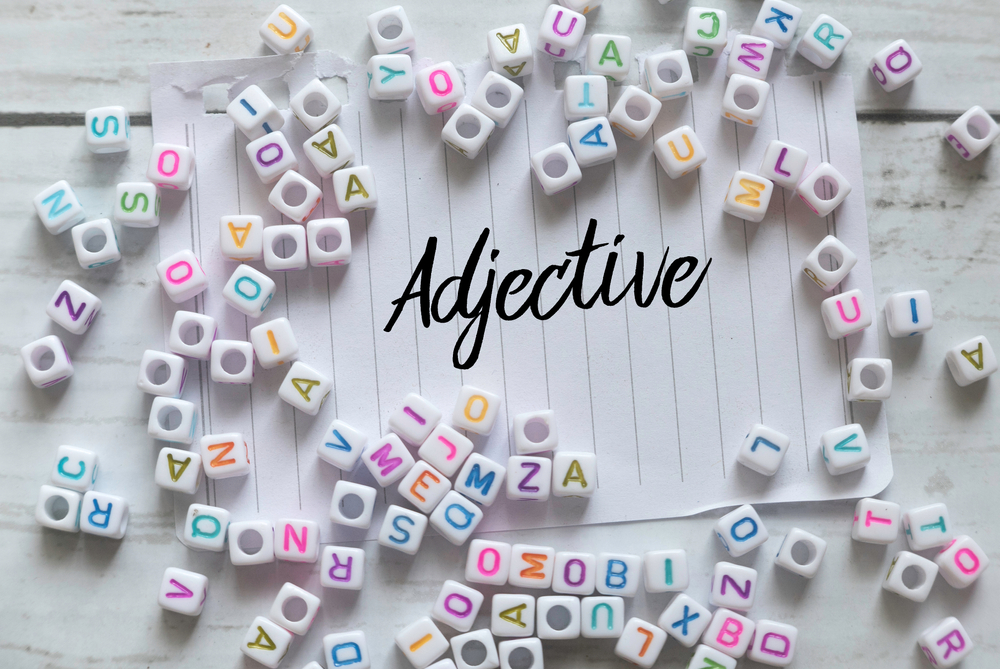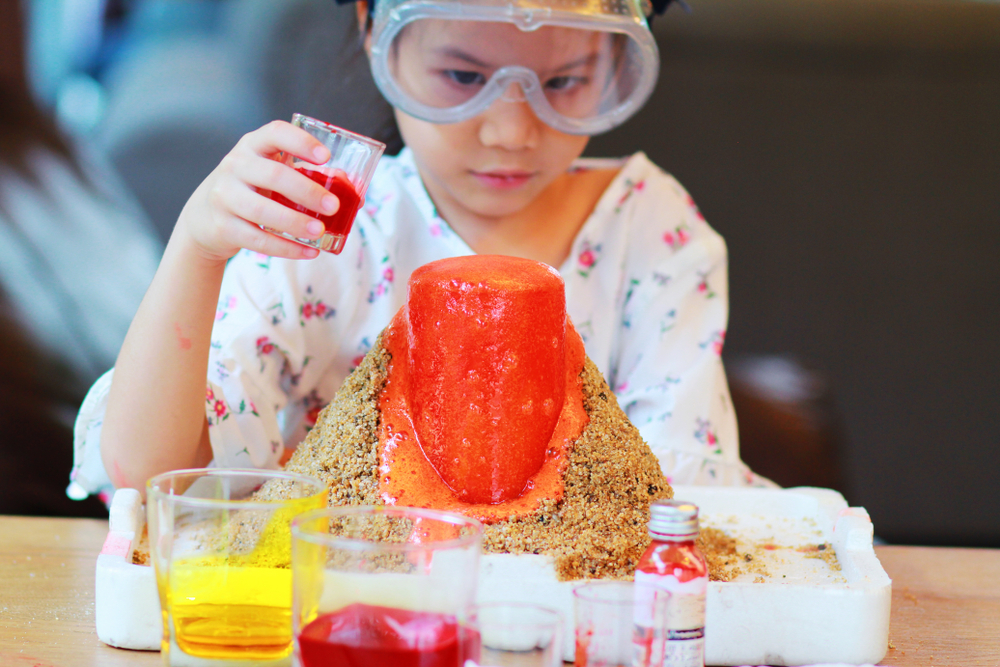Basic Addition Skills Easy Worksheets for Ages 3-4
5 filtered results
-
From - To
Unlock your child's mathematical potential with our "Basic Addition Skills Easy Worksheets" designed specifically for ages 3-4. These interactive worksheets make learning addition fun and engaging, introducing young learners to the foundational concepts they need. Each activity is crafted to enhance critical thinking and problem-solving skills while utilizing colorful visuals and age-appropriate exercises. Perfect for parents and educators, our worksheets encourage kids to explore numbers, develop counting skills, and start adding with confidence. Join us in fostering a love for math from an early age with our user-friendly resources that make learning enjoyable! Start your child’s math journey today!
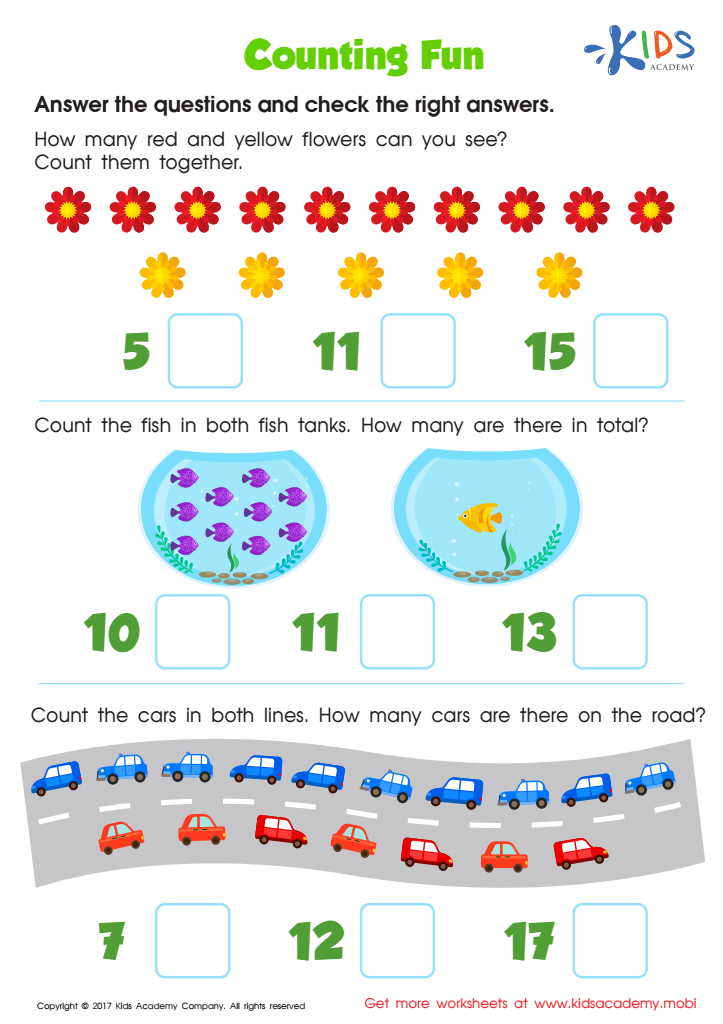

Counting Fun Worksheet
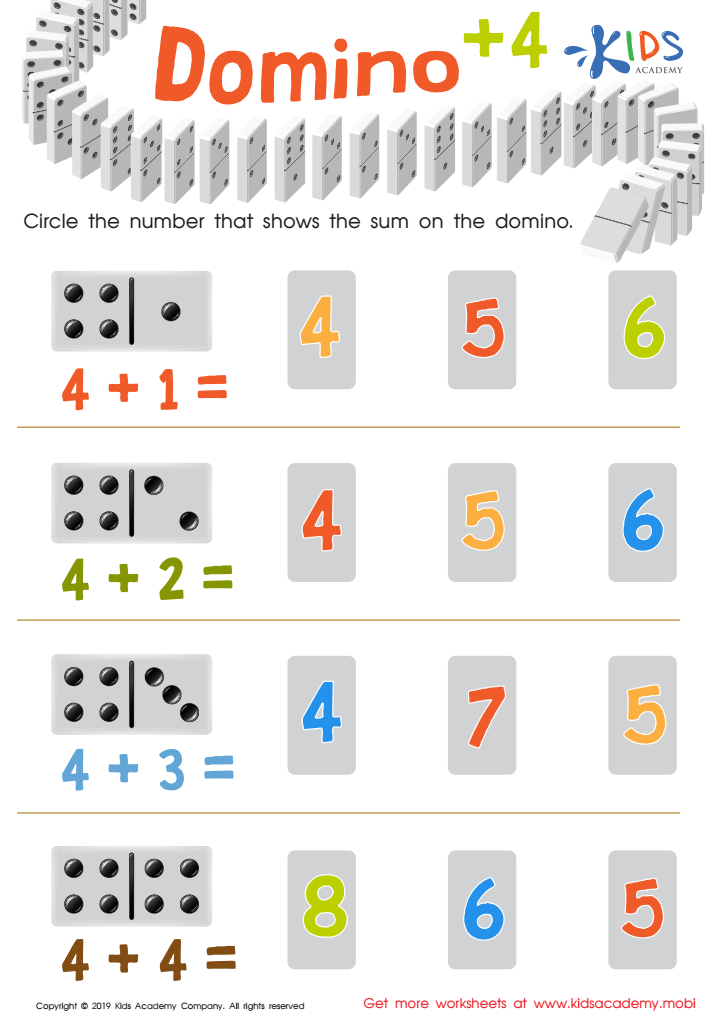

Domino +4 Worksheet
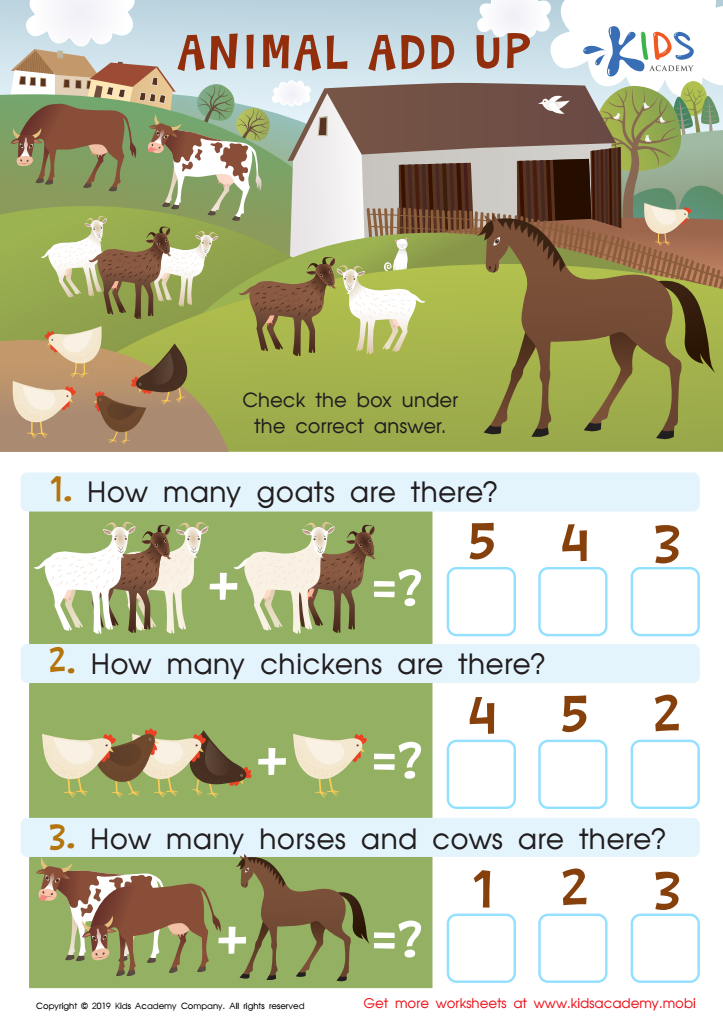

Animal Add Up Worksheet
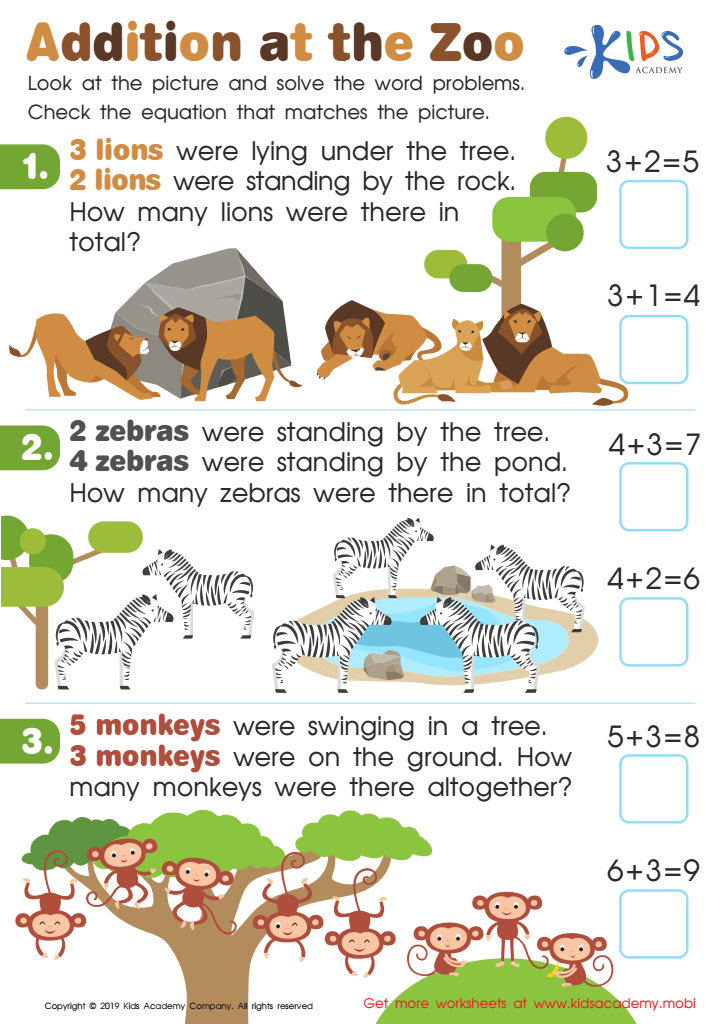

Addition at the Zoo Worksheet
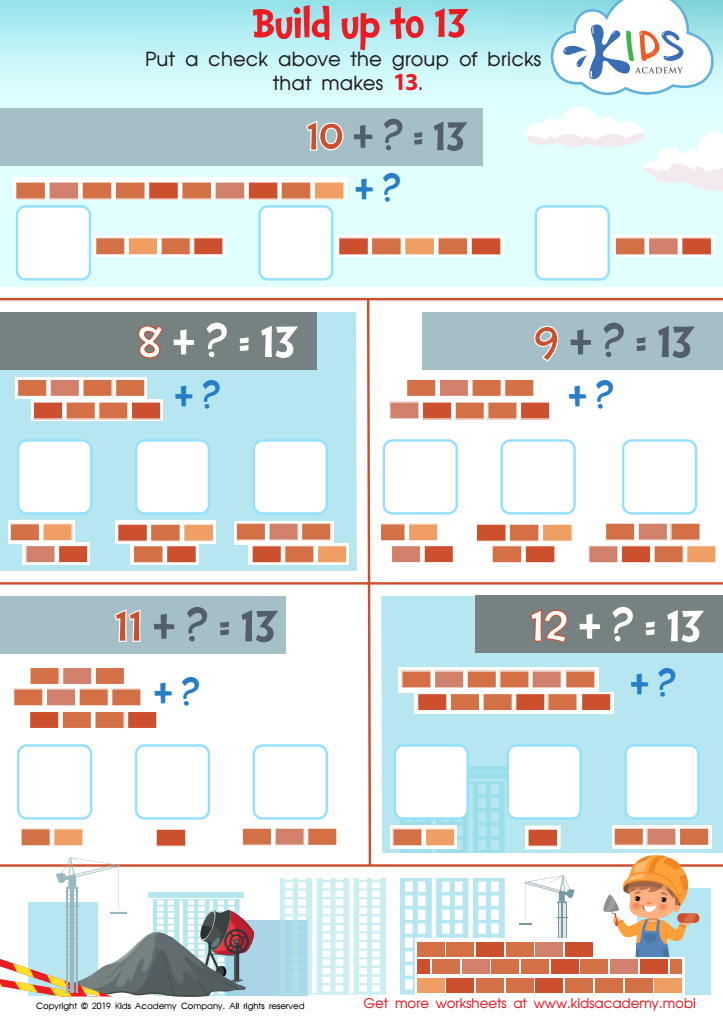

Build up to 13 Worksheet
Parents and teachers should prioritize basic addition skills for children aged 3-4 because early math literacy lays the foundation for future academic success. At this developmental stage, children exhibit remarkable brain growth and rapid learning capabilities, making it an ideal time to introduce fundamental concepts like addition. Simple addition helps young learners develop critical thinking and problem-solving skills, as it encourages them to explore quantities, compare relationships, and understand the world around them.
Moreover, mastering basic addition fosters confidence in a child's ability to tackle math in higher grades. Skills acquired through engaging activities, such as counting objects or using toys, make learning enjoyable and effective. This supportive learning environment helps shape a positive attitude toward math, reducing any potential math anxiety.
Additionally, foundational math skills are intertwined with social development. Activities that involve addition can also enhance communication and cooperation as children work together or share ideas. Overall, encouraging basic addition skills not only strengthens cognitive abilities but also supports holistic development. Therefore, dedicating time to teaching and nurturing these essential math skills ensures children feel empowered and capable as they embark on their academic journeys.
 Assign to My Students
Assign to My Students





